Law Faculty Publications - Bar Ilan Press
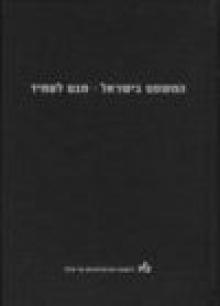
Law in Israel
In this volume, legal experts present studies of the world of law in Israel today, while making a unique attempt to predict future developments as part of a natural process of change. The questions "what is desirable'' and "how it can be achieved'' are addressed. The studies reflect the complex relationship between the law and its institutions and the special "Israeli condition''. At least two characteristics emerge from this study of the law in Israel: a deep admiration for the achievements of this judicial system in its first 50 years, along with specific criticism of various aspects of the judicial reality. In addition, there is a sincere expression of hope and expectation regarding change in the future.
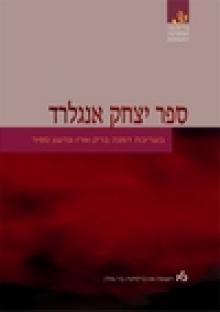
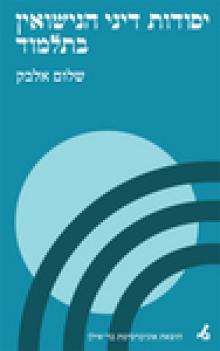
The Principles of Marriage and Family Law in the Talmud
This book presents the reasons and purposes behind marriage and family law in the Talmud and the controversies regarding them, thereby providing the reader with an organized, systematic summary of the Talmudic laws on these subjects which have no apparent connection, and granting them new meaning. The discussion sheds light also on social and economic aspects of this period. Among the subjects discussed in this book: matchmaking, betrothal, marriage, forbidden marriages, marriage contracts, mutual duties of husband and wife, duties to children, divorce, Levirate marriage and Halitza, rules of evidence in family law and personal status
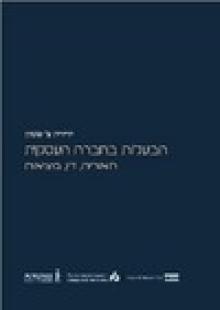
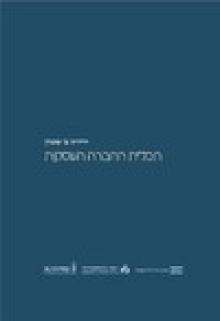
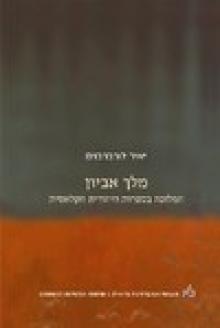
Subordinated King
This book offers a comprehensive study of the authority and status of the king in early rabbinic literature and analyses three concep-tions of kingship in biblical literature.The first approach denies kingship, maintaining that God is the King (in Buber`s terms: direct autocracy). The second approach offers a mild version of royal theology, according to which the king is divine (or at least has a unique connection to God). The third approach holds that although the monarchy is necessary, the authority of the king is significantly limited. The author`s study of all the halakhic sources that relate to kingship in Talmudic literature reveals that the early rabbis adopted the third approach, remodeling the status'of the king in a new and innovative way. Finally, the author deals with aggadic sources relating to kingship. While the halakhic sources in'early rabbinic literature subscribed clearly to the third'approach, many aggadic sources adopted the two other approaches offered in the Bible.
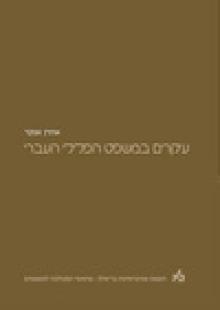
Fundamentals of Jewish Criminal Law
This book examines the foundations of Jewish Criminal Law.
Part 1 deals with the structure of Jewish Criminal Law.
Part 2 analyses those defenses to criminal liability that are fundamental to all systems, ignorance or mistake of law, self-defense, duress by threats and duress of circumstances, and necessity.
Faculty of Law Publication.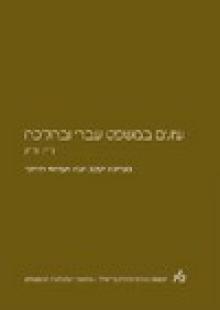
Studies in Jewish Law: Judge and Judgement
These articles were written by a wide range of scholars in the fields of Jewish Law and the history of Halakhah, and deal with a variety of aspects of the judicial process in Jewish Law throughout different periods. Based on lectures delivered at a conference held at the Faculty of Law of Bar-Ilan University in 1999.

Insurance Law
This book focuses on new processes and developing trends in the field of insurance law. It deals with central insurance law disputes and provides the reader with guidelines for evaluating complex insurance issues.
Faculty of Law Publication.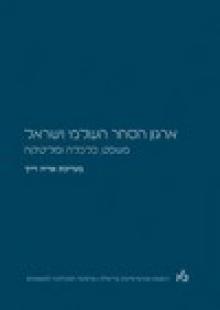
The World Trade Organization and Israel
This is the first academic book in Hebrew on International Trade Law. The book features articles written by Israeli scholars discussing one of the most important bodies in the international economy - the World Trade Organization - and the many trade agreements concluded under its auspices, from legal, economic and political perspectives. Special attention is given to the Israeli aspects of the issues and on the State of Israel's policies within the WTO and the GATT since the early sixties.



